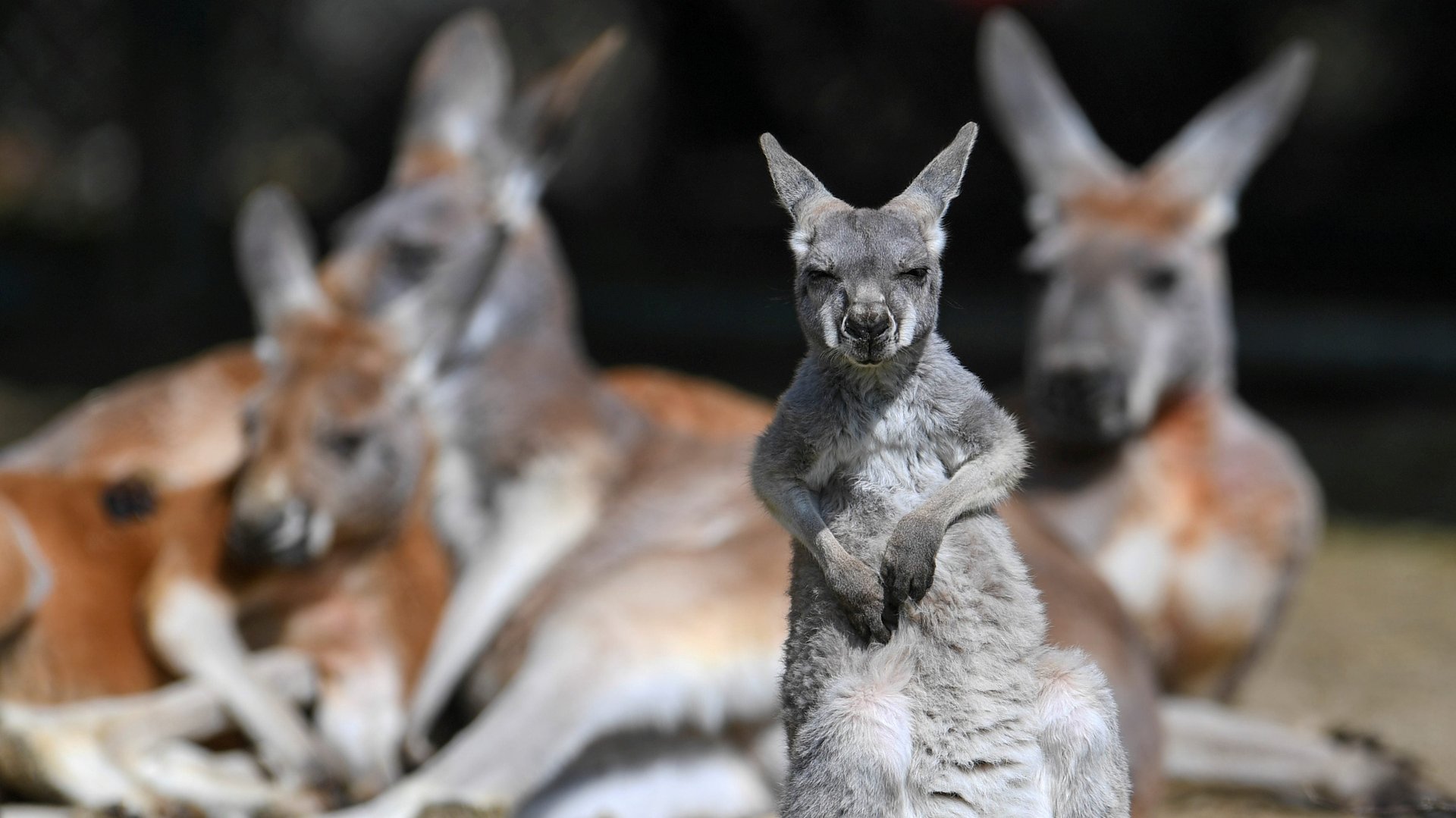Can India fix its growing exotic pet problem?
India’s wildlife smuggling problem has roamed the streets one too many times.


India’s wildlife smuggling problem has roamed the streets one too many times.
In April, foresters in Jalpaiguri, West Bengal, found three injured kangaroos and the carcass of a fourth one. In the same month, officials intercepted a brown tufted capuchin, native to South America, and a wallaby, usually found in the Australian continent—both enroute to Hyderabad.
Other such animals found in recent years include exotic monkeys, birds, giant tortoises, a suitcase full of reptiles, including iguanas, and more. Between 2011 and 2020, over 70,000 native and exotic wild animals, including their body parts or derivatives, were seized at India’s airports, according to a report by NGO Traffic India.
Saket Badola, the head of Traffic India, attributes the problem to “the growing number of Indians with disposable incomes and the influence of social media,” according to a recent report in the Guardian.
India is now among the top 20 countries for illegal wildlife trade.
How are exotic pets traded in India?
India’s 1978 Wildlife Protection Act protects native species, but it doesn’t cover imported or exotic species. Such animals can be brought in with the right import and export licences, certificates, and permissions, and freely traded within the country.
Traffickers use several modes of transport—air, fishing boats, and road—to smuggle. Rodents and monkeys are hidden in baskets, sea horses are put in ziplock bags, and so on. Then these exotic species are not only sold in brick-and-mortar stores in markets across India but also online on sites like Olx and Quikr.
Curbing such illegalities has not been a priority in a nation where corruption is rampant and investigators are paid off.
Fighting wildlife smuggling
Introducing foreign animals to India poses several threats, including the spread of zoonotic diseases and altering a region’s biodiversity if the species turns out to be invasive.
Illegal trade endangers the animals themselves. For instance, kangaroos are ill-suited for the Indian weather. Besides herd animals rarely survive in isolation. Many die in transit, too. The surviving ones are ideally repatriated but also often end up in zoos across the country.
Reform is around the corner, though. In June 2020, when the government offered amnesty to those who own undocumented exotic species, 32,000 people stepped up. The wildlife (protection) amendment bill, 2021, is expected to be passed by parliament this year, increasing the number of protected species.
Legal fixes, however, are only one piece of the puzzle. Authorities must disrupt trafficking while raising consumer awareness.